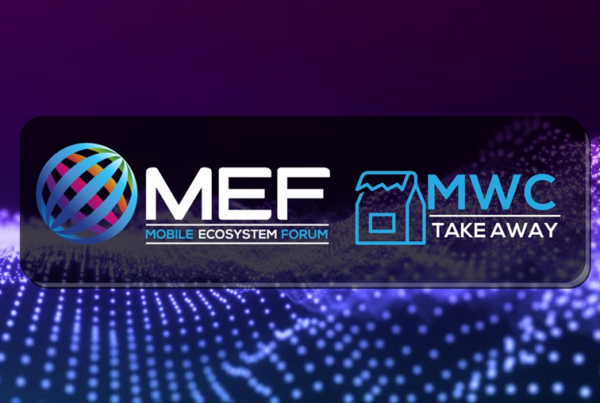This week the MCX abandoned its mission to be the US’s primary mobile payment wallet. But who had defeated it? Well, here’s the weird thing, argues Tim Green. No one.
In August 2012, a group of the US’s largest retailers got together and decided enough was enough. They were sick of paying ‘unreasonable’ fees to credit card companies. And they were wary of newcomers like Google threatening to bring their disruptive brands into their stores.
They needed their own mobile payments proposition. So they created one: the Merchant Customer Exchange.
It caused quite a fuss.

The launch MCX cohort comprised Wal-Mart, Target Corp and 7-Eleven. Within weeks more joined, and the consortium claimed MCX represented merchants with more than $1 trillion in annual sales across nearly every merchant vertical.
Exciting.
But you probably know that this week, having never properly launched, MCX is more or less finished. The organising confirmed in a press release that it would postpone the launch, lay off 30 people and shift focus to working with third party financial institutions.
Three and a half years after MCX’s launch, mobile payment (in store) just doesn’t happen. It’s a rounding error in virtually every retailer except Starbucks.
What’s surprising about this is that MCX – and its CurrentC consumer brand – has withdrawn from a battle that no one else has won. Certainly not Apple Pay or Android Pay or PayPal.
Three and a half years after MCX’s launch, mobile payment (in store) just doesn’t happen. It’s a rounding error in virtually every retailer except Starbucks. So why has MCX thrown in the towel? Well, here are three reasons:
- The founding vision was wrong. CurrentC would link to checking accounts so merchants could avoid paying fees to credit card giants. But customers don’t care about this.
- CurrentC should have been more about product discovery, loyalty and coupons. But why would rival retailers build a system for sharing such data?
- Consortium ‘loyalty’ is hard to maintain. MCX wanted its members to resist new payment methods and, for a while, MCX members disabled the NFC functions on their readers to stop consumers using Apple Pay. Customers were unhappy. Eventually, Best Buy and Target turned NFC on again.
Analysts expressed these misgivings from the start. Months turned into years and still CurrentC failed to launch. Then last year two significant events made it obvious it never would.
In October, JP Morgan Chase launched Chase Pay to let consumers pay and collect rewards via their Chase credit/debit cards as well as with retailers’ loyalty and rewards programs. It sounded like competition for CurrentC, but then MCX said the wallet would be accepted at its 100,000 merchants.
Weeks later came the big one: Walmart announced its own mobile payment system. Walmart Pay can be integrated into the giant retailer’s app for iPhone and Android, and supports payments with any major credit, debit, pre-paid or Walmart gift card. Payments are completed when the user scans a QR code. Clearly, Walmart designed this move around customer convenience and choice rather than forcing a confrontation with Visa/MC/AmEx over fees.
The firm was adamant it still supported MCX but it was obvious that going it alone with a payment-agnostic app would fatally weaken the consortium. Now, it’s clear that the door is closing on MCX. As it did for so many other mobile payments JVs: Weve, Softcard, Valyou, Buyster.
But, to repeat, they didn’t exit because someone else won. The door remains wide open for anyone who can make buying stuff (as opposed to paying for stuff) more enjoyable.
That means making it easy to:
Features Editor
MEF Minute

- find the items you like
- get information on the items you like
- get money off the items you like
- not waste time queuing
- get things delivered if you want
Now, this can be an individual retailer app. Witness Starbucks. But we don’t want dozens of discrete merchant apps on our phones. Therefore an opportunity awaits. Any app that can do this – and be delightful, not annoying – has a huge prize to win.
So, in a way, MCX/CurrentC was on to something. Shame about the execution.





